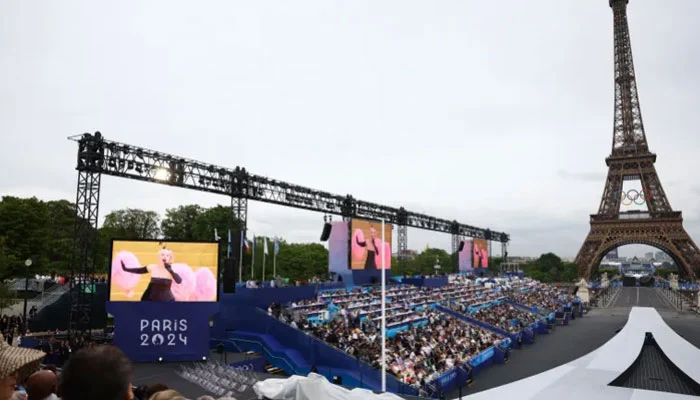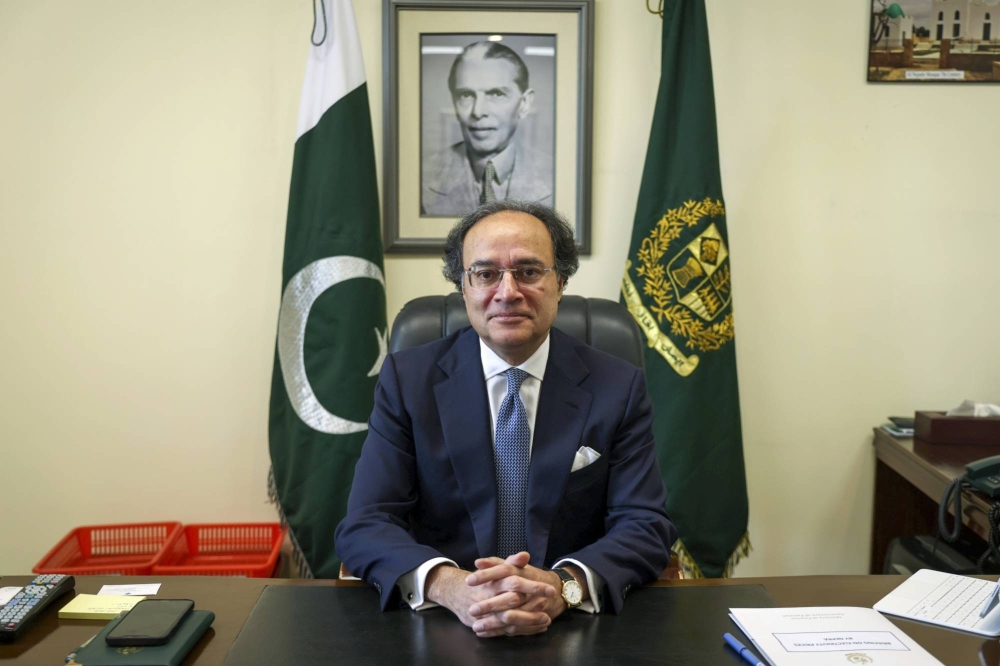In the recent Senate elections, the ruling coalition parties, led by the Pakistan Muslim League-Nawaz (PML-N), solidified their dominance in the National Assembly and the provincial assemblies of Punjab and Sindh. The outcome, largely anticipated based on pre-election projections, saw the ruling alliance secure a commanding majority in the upper house of parliament, now holding 61 of the 96 seats, including those won by independent candidates. This substantial majority places the coalition in a strong position to pass legislation and propose constitutional amendments without significant resistance from the opposition, which holds 24 seats.
The elections encompassed various categories of seats, including one technocrat and one general seat in the National Assembly, as well as multiple seats in the Sindh and Punjab assemblies, covering general, technocrat, women, and minority positions. Notably, the Balochistan Assembly did not conduct voting due to all senators being elected unopposed, and the Khyber-Pakhtunkhwa Assembly’s elections were deferred by the Election Commission of Pakistan (ECP) amid a dispute over the swearing-in of some opposition lawmakers.
The Pakistan Peoples Party (PPP) emerged as the most successful party, winning 14 seats, closely followed by the PML-N with 13. Other parties, such as the Jamiat Ulema-e-Islam-Fazl (JUI-F) and the Sunni Ittehad Council (SIC), secured two seats each, while the Muttahida Qaumi Movement-Pakistan (MQM-P), the Awami National Party (ANP), and the National Party (NP) each won a single seat. Additionally, three independent candidates triumphed in the elections.
The PPP’s victory spanned across seven general seats, three technocrat seats, three seats for women, and one for minorities. Similarly, the PML-N won six general seats, three technocrat seats, three seats for women, and one for minorities. The election increased the total number of senators to 85, with polls postponed on 11 seats in Khyber-Pakhtunkhwa, where newly-elected opposition members were barred from taking their oaths despite court rulings.
The polling process, limited to 19 seats, was conducted between 9 am and 4 pm. In the National Assembly, PML-N’s Ishaq Dar secured the technocrat seat, while PPP’s Rana Mahmoodul Hassan won a general seat. In the Sindh Assembly, the PPP captured 10 seats in an election boycotted by the Jamaat-e-Islami (JI) and the SIC, with the remaining seats going to the MQM-P and an independent candidate.
The PPP’s success in the Sindh Assembly included victories for Quratulain Marri and Rubina Qaimkhani on women’s seats, and Sarmad Ali and Barrister Zamir Ghumro on technocrat seats. Poonjomal Bheel secured the seat for non-Muslims. In the contest for seven general seats, the PPP claimed five, the MQM-P won one, and an independent candidate took another.
In Punjab, PML-N’s Muhammad Aurangzeb and Musadik Malik won the technocrat seats, while Dr Yasmeen Rashid of the SIC also competed. On the women’s seats, PML-N’s Anusha Rehman and Bushra Anjum were victorious, further consolidating the ruling coalition’s strength in the Senate. The election results reflect the current political landscape and set the stage for the ruling coalition’s legislative agenda in the coming term.
Please, subscribe to the YouTube channel of republicpolicy.com

















































